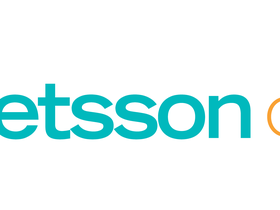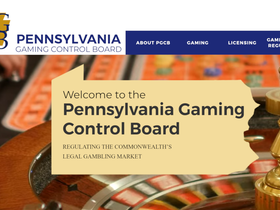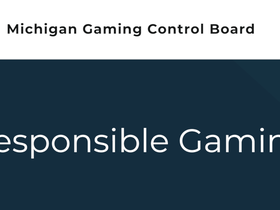The UK’s National Health Service (NHS) is to stop accepting donations from GambleAware, and other responsible gambling charities that are funded by the betting industry.
The move was disclosed in the Sunday Times on January 30, 2022, and although the NHS is yet to make an official announcement, health service governors are expected to confirm the decision in the coming days — in order to make a clean break before the start of the next financial year.
It is thought that the NHS feels the action is necessary to prevent any possible conflict of interest — operating addiction treatment centers whilst accepting money directly from the gambling industry.
The ethics of the situation are complex: GambleAware helped fund the health service’s problem gambling service in 2019, committing £1 million per year to provide a research, education, and treatment (RET) clinic in Leeds.
Since then, GambleAware has opened three more clinics in conjunction with the NHS — in London, Manchester, and Sunderland – which are seen as essential resources in tackling problem gambling.
Nevertheless, GambleAware’s ties with the gambling industry have, for a while, posed an ethical dilemma for many within the NHS. Professor Henrietta Bowden-Jones is Director of the National Problem Gambling Clinic, and has been an outspoken critic of the gambling industry, referring to it as “the polluter.”
In her opinion the NHS has made the correct decision, saying, “NHS clinicians have been asking for a very long time for the independence of funding from industry.”
GambleAware Insists Gambling Industry has no Influence
GambleAware however, insists that it is an autonomous organization. “GambleAware is an independent charity, working to deliver the National Strategy to Reduce Gambling Harms,” says CEO, Zoe Osmond.
“We recognize that a whole system approach is needed which involves a coordinated and coherent approach, in partnership with others including the NHS.”
Osmond later added, “We have a robust and accountable system of governance processes and procedures established to ensure the gambling industry has absolutely no influence over any of our activity.”
However, the charity agrees that the present arrangement needs changing. Currently, GambleAware has what is described as a “framework system” with the UK Gambling Commission — which depends upon voluntary contributions from its licensed operators.
*Last year, that system provided £19 million towards RET efforts*, but GambleAware has said for some time now, that the voluntary model is not good enough.
Indeed, in April 2021, the charity’s recommendation to the Department for Digital, Culture, Media, and Sport (DCMS) was that 1% of gross gambling yield (GGY) should be made a compulsory contribution to RET projects, for all licensed operators in the UK.
Osmond explained, “GambleAware has long called for the creation of a mandatory funding model to address gambling harms to ensure all operators are held accountable,” before adding, “We support a mandatory levy of 1% GGY across all operators to ensure consistency and transparency across the industry.”
Government Review on UK Gambling Remains Unpublished
The comments come ahead of the DCMS white paper on the state of gambling in the UK. The government review was announced in December 2020 and was due to be published before the end of last year.
However, that date has been postponed on more than one occasion, and latest reports suggest that the white paper will not now appear before May. With one eye on the report, Osmond reiterated her faith in the 1% levy.
“Having such a system in place would provide the sustainable funding which is vital for the delivery of research, treatment and prevention. We look forward to the outcome of the Government White Paper.”




